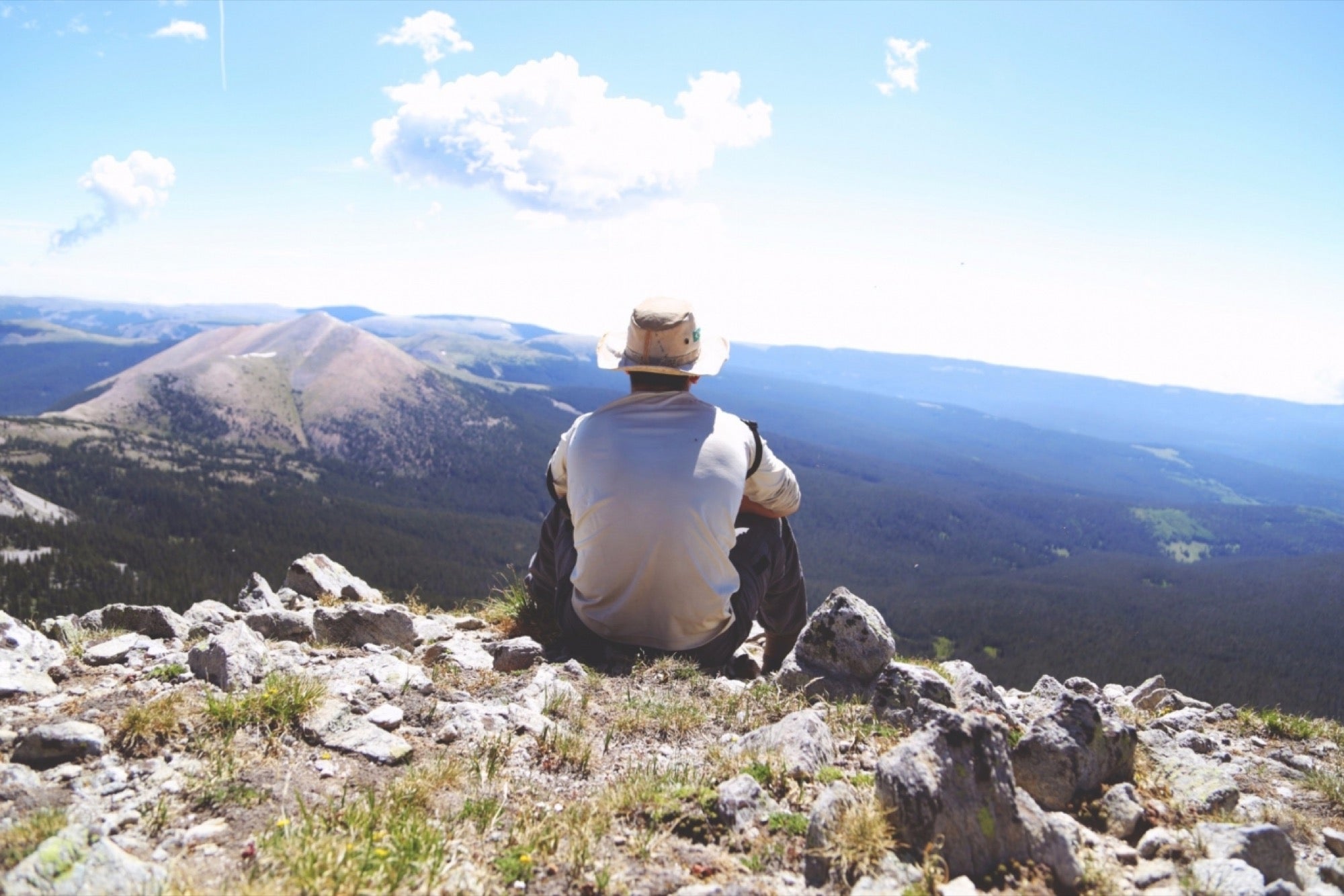Why You Need to Let Go of Attachment When you let go of something you are holding onto, you make room for your destiny to move in.
By Lewis Howes Edited by Dan Bova
This story originally appeared on Lewis Howes

"Sometimes letting things go is an act of far greater power than defending or hanging on."
-- Eckhart Tolle
Letting go is a courageous act of surrender.
No matter who you are, you can lose your home, your job, your business, your family, your investments, your spouse, children, your health…everything and anything can be lost by anyone in any moment.
Human life has a lowest common denominator and we are all subject to it -- the greatest equalizer on Earth is the fact that our time here in this body is limited.
We go about most of our days with a schedule and a plan and the rhythm of our life is steady, predictable. Most of us seek stability in our relationships, finances, and the other foundations of our existence.
Sometimes life is so steady that we may start to believe we have it all together and that other people don't.
But then something happens to disrupt our illusion of security and privilege and we are once again reminded of the great mystery that this life is.
This is why I am such a huge fan of practicing gratitude. So that I may never take any of this for granted.
When you let go of something you are holding onto, you make room for your destiny to move in.
When you let go, you must have faith.
Have faith in the process, trust that you are going to a place you are meant for, a place that might not make sense now but will make plenty of sense later. You will see that because this happened, that happened. And the order of it all, no matter how painful or beautiful, was exactly what it needed to be.
The opposite of letting go is holding on–also known as attachment. Many of us get love confused with attachment.
Yasmin Mogahed said, "Love without attachment is the purest love because it isn't about what others can give you because you're empty. It is about what you can give others because you're already full."
Love and fear cannot coexist.
When we are fully present, we cannot be attached to the future outcome or the past reality.
Full presence is true love.
Attachment has to do with thinking in the future and past. Love is in the here and now.
Attachment is having expectations. Love is gratitude for this moment together.
We attach to people because we fear that they are going to leave, they will get sick and die one day and we will be left alone.
We are attached to our job because we fear that if we lose it, we won't be able to support ourselves and our family.
There is absolutely nothing wrong with wanting to have your family healthy and alive; there is nothing wrong in wanting to keep your job in order to support your family.
But the key is to accept that it can all come to an end at any time.
This is the difference between love and attachment.
Love your friends, love your family, love your job, your house, your life, but don't get attached.
Love and let go simultaneously.
Cherish what you have in every moment.
Pain is temporary and suffering is optional. Suffering comes from the story that you make up about the pain.
This old zen parable retold in the children's book Zen Shorts by Jon J. Muth speaks to the ways that we hold onto our attachments:
Two traveling monks reached a town where there was a young woman waiting to step out of her sedan chair. The rains had made deep puddles and she couldn't step across without spoiling her silken robes. She stood there, looking very cross and impatient. She was scolding her attendants. They had nowhere to place the packages they held for her, so they couldn't help her across the puddle.
The younger monk noticed the woman, said nothing, and walked by. The older monk quickly picked her up and put her on his back, transported her across the water, and put her down on the other side. She didn't thank the older monk, she just shoved him out of the way and departed.
As they continued on their way, the young monk was brooding and preoccupied. After several hours, unable to hold his silence, he spoke out.
"That woman back there was very selfish and rude, but you picked her up on your back and carried her! Then she didn't even thank you!
"I set the woman down hours ago," the older monk replied. "Why are you still carrying her?"
What are you carrying that you could have laid down long ago?
When will you decide to let go and truly live in the moment?
Let go and let good things flow to you and through you.
As Buddha said, "In the end only three things matter: how much you loved, how gently you lived, and how gracefully you let go of things not meant for you."
Subscribe on iTunes, Stitcher Radio or TuneIn










